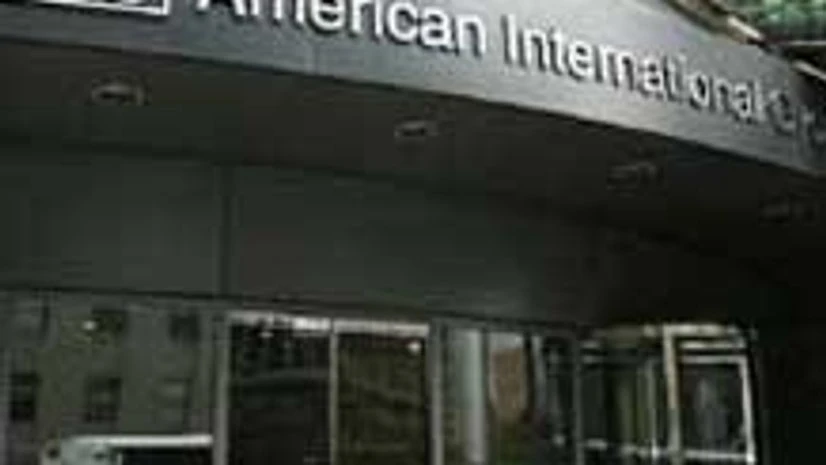A group of regulators known as the Financial Stability Oversight Council said it had voted to propose dubbing certain non-bank financial companies "systemically important," or so big their failure could destabilise financial markets.
Regulators did not name the companies involved. AIG, Prudential and GE Capital, the financial services arm of General Electric Co
A final determination by the council that a firm is systemically important would trigger extra regulatory scrutiny by the Federal Reserve.
"Today, the council took another important step forward by exercising one of its principal authorities to protect taxpayers, reduce risk in the financial system, and promote financial stability," Treasury Secretary Jack Lew, who chairs the oversight council, said in a statement.
The 2010 Dodd-Frank law created the risk council and gave it the power to bring big, non-bank firms under the Fed's oversight after several such companies flirted with failure or had to be bailed out during the 2007-2009 financial crisis.
Also Read
Companies tagged for extra oversight would have to participate in regular stress tests, comply with new capital requirements and write living wills, or blueprints for how they could be taken apart if they were to fail.
The risk council has so far designated eight large clearinghouses and other firms that handle trillions of dollars in transactions as systemically important.
Observers have been expecting a new round of designations for months. Members of the risk council initially said they hoped to designate non-bank companies by the end of 2012.
"It's almost three years since they enacted the statute and, you know, if these were truly institutions that are menacing to the system, which is what they are supposed to be, then it seems like we should have known it more than three years late," said Cornelius Hurley, a professor of banking law at Boston University.
Critics of the risk council's process, on the other hand, argue that regulators have not sufficiently explained why they believe the non-bank companies under consideration would destabilize financial markets if they were to fail.
Others say tagging some companies systemically important could send a message to markets that those companies would be bailed out in a crisis because regulators believe they are "too big to fail."
"Designating any company as 'too big to fail' is bad policy and even worse economics," said Representative Jeb Hensarling, a Texas Republican who is the chairman of the House of Representatives Financial Services Committee, in a statement.
The oversight council is already the subject of a lawsuit, and other challenges could come later.
Companies have 30 days after the council votes to contest a proposed designation by requesting a hearing. The council then has 30 days to hold the hearing.
Prudential said in a statement that it was considering whether to request a hearing. AIG spokesman Matthew Gallagher declined to comment on whether the company would appeal.
Russell Wilkerson, a spokesman for GE Capital, said the company was "reviewing the details of the determination" and declined to comment further.

)
